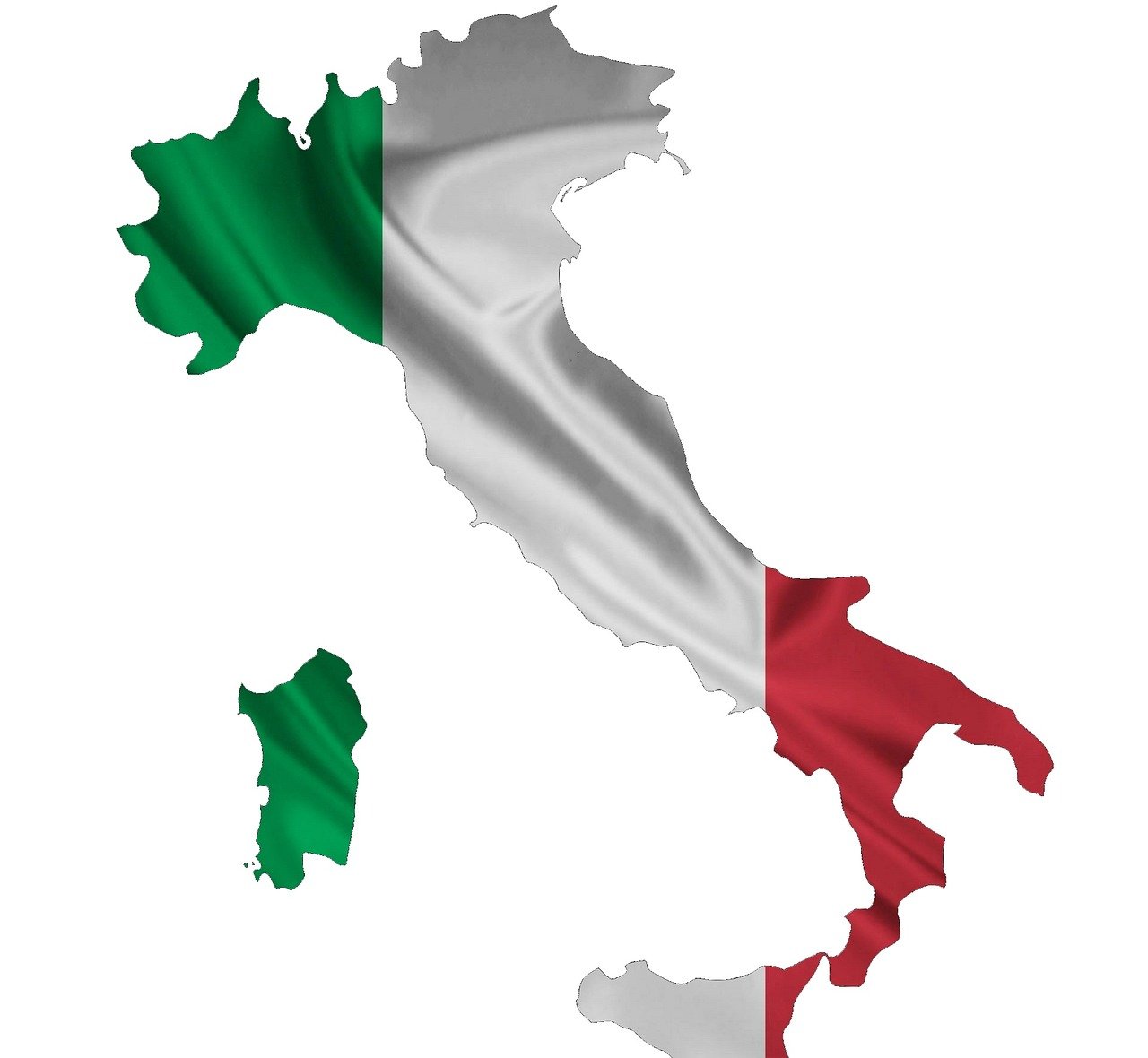
Table of Contents
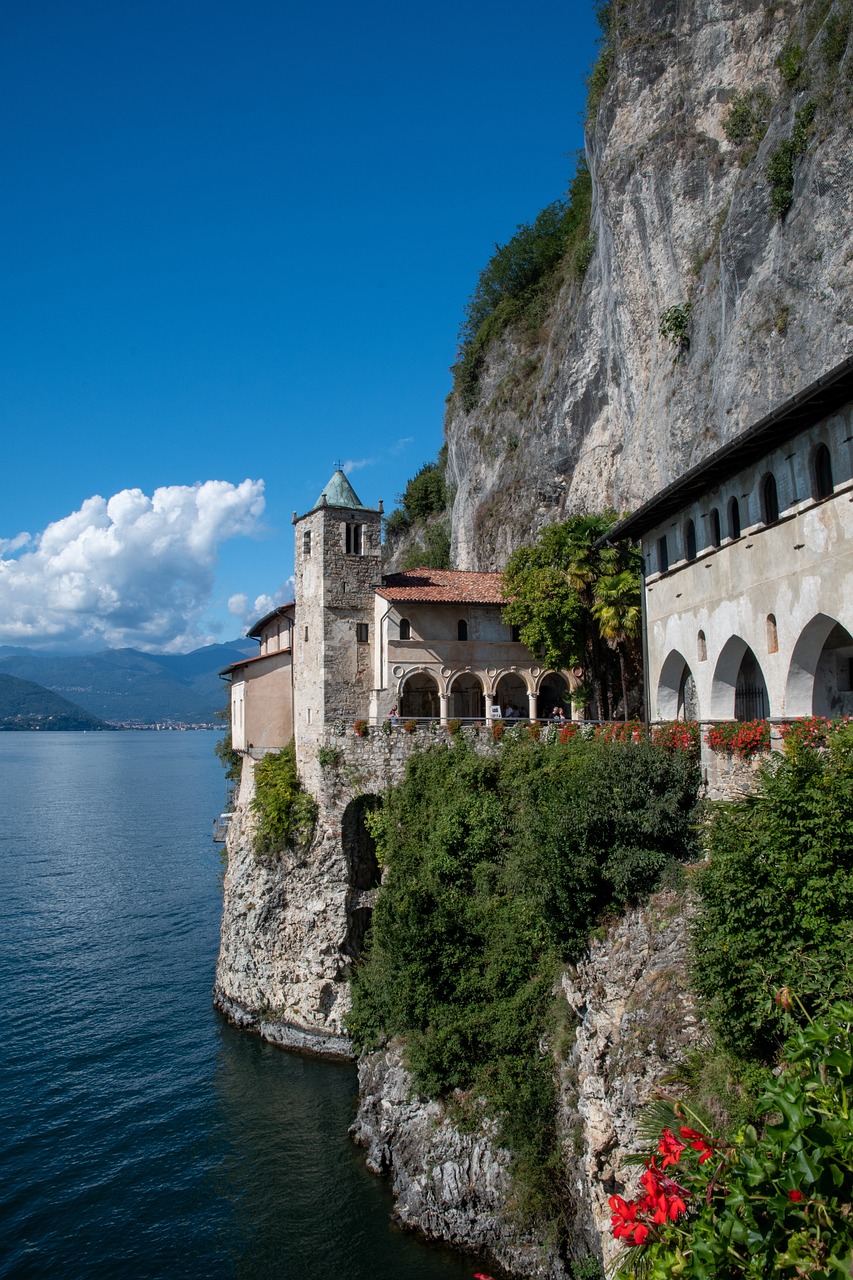
Exploring Higher Education in Italy:
A Comprehensive Guide 🌍 🇮🇹 🎓
Italy, a country renowned for its rich cultural heritage and historical significance, also boasts a diverse and robust higher education system. With around 97 universities and an additional 137 higher education institutions, Italy offers a wide range of academic opportunities for both local and international students. These institutions cater to various fields, including art, music, dance, research, and technical disciplines.
🎓 Types of Universities in Italy
Italy’s universities are categorized into three main types:
1. State Universities
State universities are public institutions funded by the state. They constitute the majority of higher education institutions in Italy. These universities offer a broad spectrum of programs and are known for their high academic standards and rigorous research activities. The accessibility of state universities, due to their lower tuition fees compared to private institutions, makes them an attractive option for many students.
2. Other Public Funded Universities
These universities receive funding from provincial or regional governments rather than the state. While they share many similarities with state universities, including a focus on providing highquality education, they often have specific regional mandates and specializations. This type of funding allows for a more localized approach to education and research, benefiting the regional community.
3. Private Universities
Private universities in Italy are non-state funded institutions. These universities often provide specialized programs and boast smaller class sizes, which can lead to a more personalized educational experience. However, attending a private university usually comes with higher tuition fees. Despite this, they remain a popular choice for students seeking specific programs or a unique educational environment.
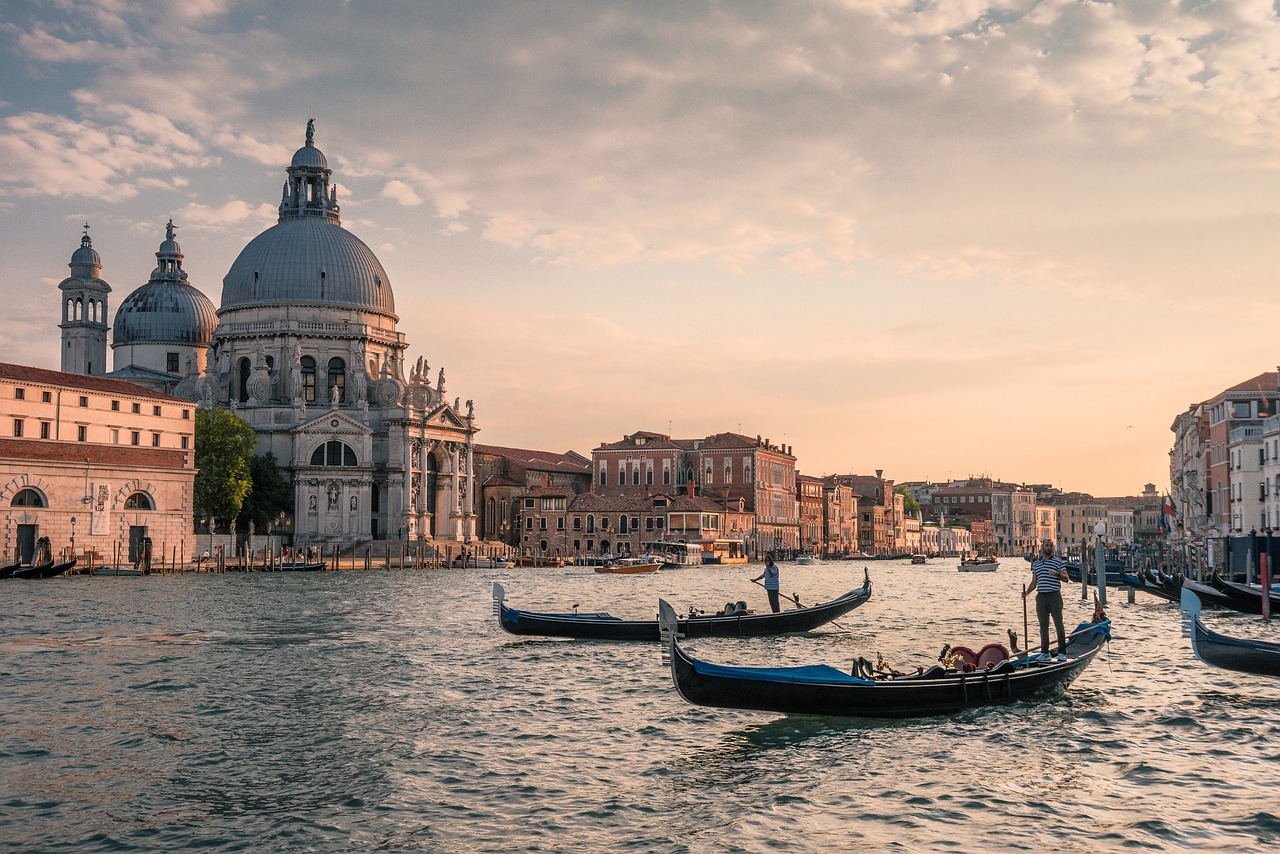
🏫 Other Higher Education Institutions
In addition to the 97 universities, Italy is home to 137 other higher education institutions. These include:
- Art Colleges: Focusing on visual arts, design, and related fields.
- Music and Dance Colleges: Dedicated to performing arts and music education.
- Research Institutions: Specializing in advanced scientific and technological research. – Technical Institutions: Offering practical and industry-oriented education.
These institutions provide students with opportunities to pursue specialized studies and professional training in various fields.
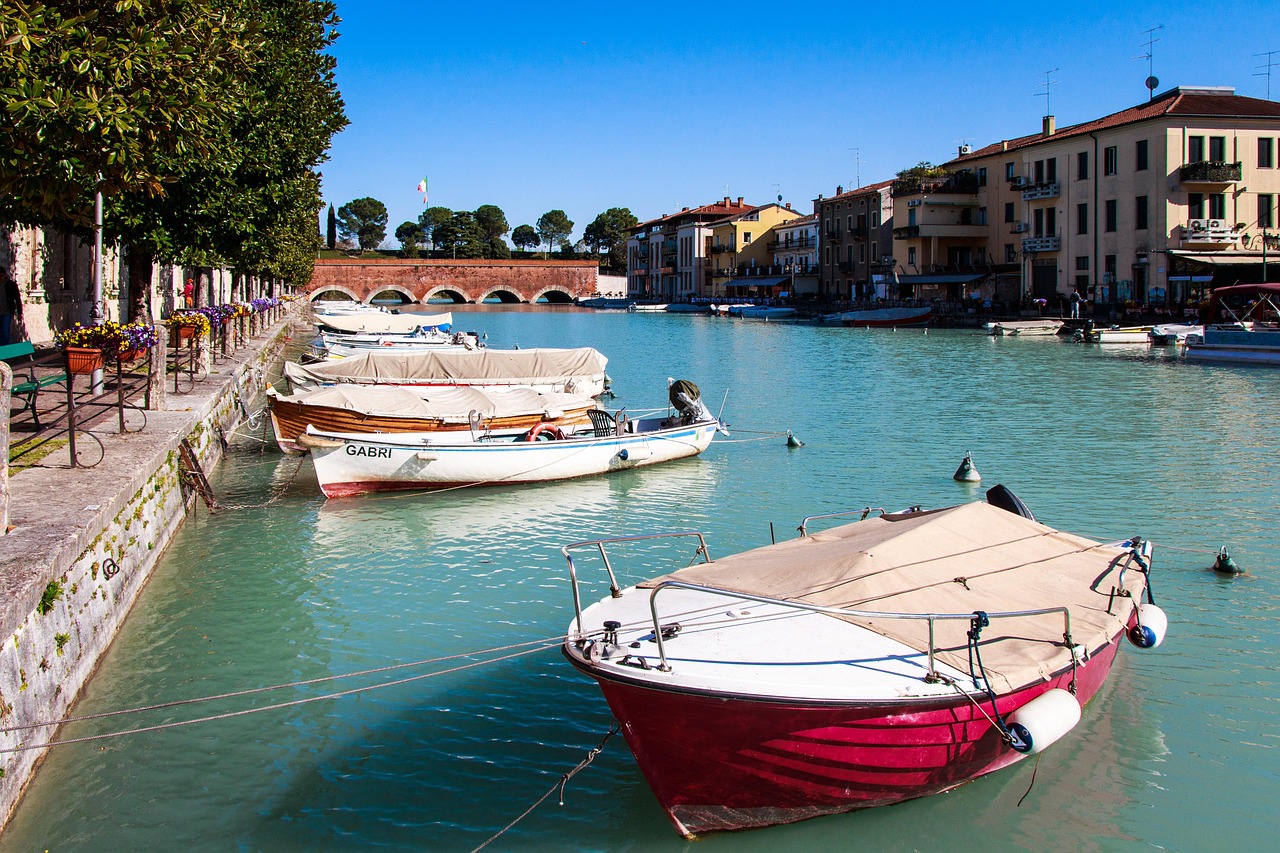
🚦 Levels of Higher Education in Italy
Italian higher education is structured into several levels, each designed to cater to different stages of academic and professional development.
1. Undergraduate Studies
The undergraduate program in Italy is referred to as “Laurea” and typically spans three to four years. This level is equivalent to a bachelor’s degree and provides students with a comprehensive foundation in their chosen field of study.
2. Master’s Degree
Known as “Laurea Magistrale,” the master’s degree program usually lasts one to two years. This level allows students to deepen their knowledge and expertise in a specific area, preparing them for advanced professional roles or doctoral studies.
3. PhD
The doctoral program, or PhD, involves three academic years of rigorous research and study. It is designed for students who wish to pursue careers in academia or advanced research positions in various industries.
🔰 Special Programs
– Law Students: Must enroll in the five-year “Laurea Magistrale a Ciclo Unico” program. – Medical Students: Required to complete a six-year degree program.
📚 Credit System
Italy employs a credit system to quantify the workload required for each course. Typically, one credit equals 25 hours of work, encompassing lectures, practical sessions, and independent study. This system ensures that students can manage their time effectively and meet the academic requirements of their programs.
✈️ International Opportunities
Italian universities offer opportunities for students to change their course or continue their studies abroad after three years.
This flexibility allows students to broaden their academic horizons and gain international experience, enhancing their employability and global perspective.
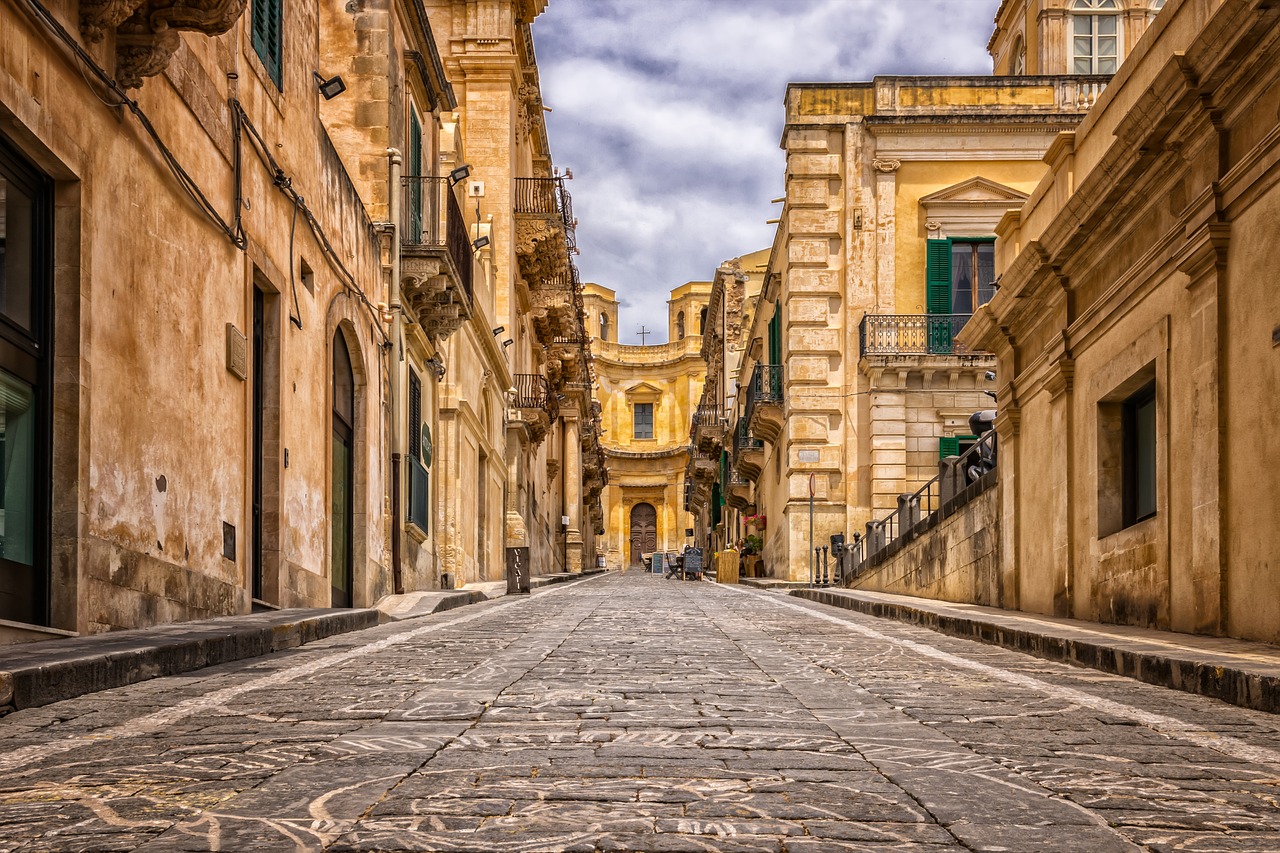
💶 Admission Requirements
📚 Undergraduate Programs
To apply for an undergraduate program, students need to meet specific criteria:
- Identity Document: Valid ID or passport.
- Passport-Type Photograph: For identification purposes.
- Academic Transcript: Initial submission without attestation.
- Minimum Score: Varies by program and university, but a score of 60% generally makes students eligible.
- University Application Form: Filled with accurate details.
- Detailed Study Program/Course Description: Must include the number of hours of courses or training activities completed.
- Euro-Pass CV: Comprehensive resume.
- Letters of Recommendation: Two letters from academic or professional references.
- Letter of Motivation: Explaining the student’s interest and goals.
- English Language Proficiency: Required for programs taught in English. Accepted certifications include:
- IELTS: Minimum score of 6.0-6.5.
- TOEFL iBT: Minimum score of 80-90.
- Cambridge English Qualifications: B2 First, C1 Advanced.
💼 Graduate Programs
Graduate program applications have similar requirements, with higher expectations for language proficiency:
- Minimum Score: 60% or a CGPA of 2.5, though some universities may require up to 80%. –
- English Language Proficiency: Higher proficiency required, typically:
- IELTS: Minimum score of 6.5-7.0.
- TOEFL iBT: Minimum score of 90-100.
- Cambridge English Qualifications: C1 Advanced, C2 Proficiency.
For programs taught in Italian, proficiency in the Italian language is required, often at a B2 or C1 level on the CEFR scale.
🗓️ Application Deadlines
Application deadlines vary among institutions but generally fall within these periods:
- Mid-December to Mid-March
- Mid-April to Mid-May
It’s crucial for prospective students to check with their chosen university for specific deadlines and to apply as early as possible.
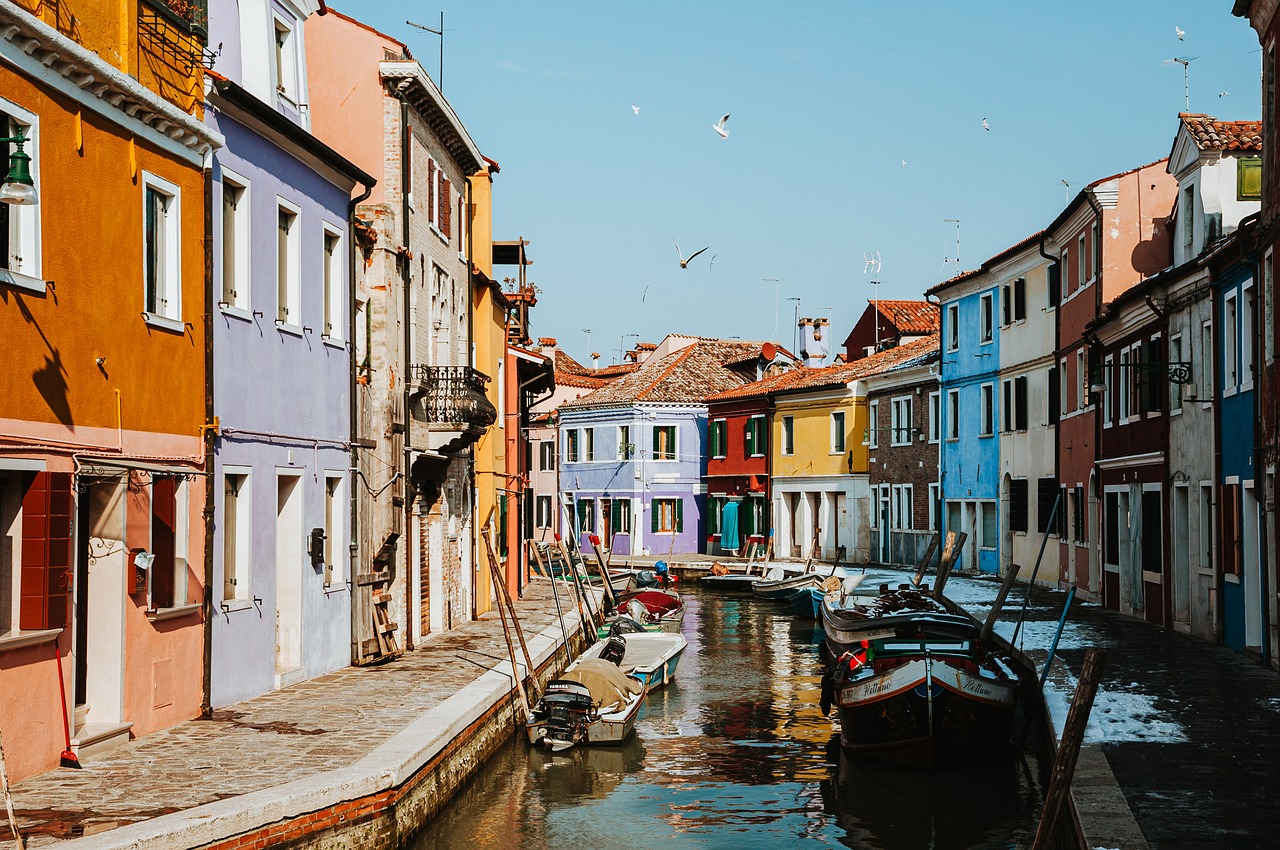
💰 Tuition Fees and 🪙 Financial Aid
Tuition fees in Italy are generally lower than in other parts of Europe, especially at public institutions:
- Public Institutions: Bachelor’s programs range from €6,00 to €6,900 per year.
- Private Institutions: Fees can range from €6,000 to €20,000 per year.
🪙 Financial Aid
Italy offers various options to help students fund their studies. Regional scholarship are available. Financial aid is distributed based on financial need and academic merit. This support can help cover tuition fees, accommodation costs, and other living expenses. Additionally, students are allowed to work up to 20 hours a week, providing an opportunity to earn extra income while studying.
🇮🇹 Conclusion:
Italy’s higher education system is both diverse and accessible, offering a wide range of programs and opportunities for students from around the world.
Whether you are interested in arts, sciences, technology, or professional fields like law and medicine, Italy has an institution that can cater to your academic and professional goals. With reasonable tuition fees, financial aid options, and the possibility of international experiences, studying in Italy can be a rewarding and enriching endeavor. If you’re considering pursuing higher education abroad,
Italy is undoubtedly a destination worth exploring.
FAQ
Ask Us About Italy
How many universities are there in Italy, and what are the different types?
Italy has around 97 universities, which are divided into three main categories:
- State Universities: Funded by the state and constitute the majority.
- Other Public Funded Universities: Funded by regional or provincial governments.
- Private Universities: Non-state funded institutions offering specialized programs.
What other types of higher education institutions exist in Italy besides universities?
In addition to universities, Italy has 137 other higher education institutions, including:
- Art Colleges
- Music and Dance Colleges
- Research Institutions
- Technical Institutions
What are the different levels of higher education in Italy?
Italian higher education is structured into several levels:
- Undergraduate Studies (Laurea): 3-4 years
- Master’s Degree (Laurea Magistrale): 1-2 years
- PhD: 3 academic years
- Special programs for law (5 years) and medicine (6 years).
How does the credit system work in Italian universities?
Italy uses a credit system to quantify the workload required for each course. Typically, one credit equals 25 hours of work, including lectures, practical sessions, and independent study.
What are the general admission requirements for undergraduate programs in Italy?
To apply for an undergraduate program, students typically need:
- Identity document
- Passport-type photograph
- Academic transcript
- Minimum score (around 60% makes you eligible)
- University application form
- Detailed study program/course description
- CV
- 2 letters of recommendation
- Letter of motivation
- English language proficiency (for programs taught in English)
What English language proficiency tests are accepted by Italian universities?
Accepted certifications often include:
- IELTS: Minimum score of 6.0-6.5 for undergraduate programs, 6.5-7.0 for graduate programs.
- TOEFL iBT: Minimum score of 80-90 for undergraduate programs, 90-100 for graduate programs.
- Cambridge English Qualifications: B2 First, C1 Advanced, or C2 Proficiency depending on the program.
When are the application deadlines for Italian universities?
Application deadlines generally fall within two periods:
- Mid-December to Mid-March
- Mid-April to Mid-May
Deadlines vary by institution, so it’s important to check specific dates for each university.
How much are tuition fees in Italian universities?
Tuition fees vary but are generally lower than in other parts of Europe:
– Public Institutions: Bachelor’s programs range from €4,000 to €6,900 per year. – Private Institutions: Fees range from €6,000 to €20,000 per year.
What financial aid options are available for students in Italy?
Italy offers financial aid based on financial need and academic merit. This aid can help cover tuition fees, accommodation, and other living expenses. Students are also allowed to work up to 20 hours a week to earn extra income.
Are there opportunities for international experiences or studying abroad while in Italy?
Yes, Italian universities offer opportunities for students to change their course or continue their studies abroad after three years. This flexibility allows students to gain international experience and enhance their global perspective.

Italy: Comprehensive Guide for Higher Education
Explore higher education in Italy by studying at renowned Italian universities, including state, private, and public-funded institutions. With a diverse array of programs ranging from undergraduate to master’s degrees, and specialized colleges in art, music, and technical fields, Italy offers a rich educational experience. Learn about admission requirements, English proficiency tests like IELTS and TOEFL, and university application deadlines to ensure a smooth application process. Benefit from financial aid opportunities, scholarships, and the chance to work while studying, all while enjoying the vibrant cultural life of Italy.


👍 Comprehensive article about 🇮🇹 Italy. Thanks for sharing and 💖 keep it up good work. ✔️ This article has a very comprehensive and precise overview about Study opportunities in Italy.🥰
About 🇮🇹 Italy, This article is very informative. I took 5 minutes to read and learned many things about 🇮🇹 Italy. Keep it up good work. 👍
Love this fantastic and informative article. 🇮🇹🇮🇹🇮🇹
Information about Italy is very good. keep it up bro. Also check this for English Learning | IELTS before going for any Process.
Informative blog written. this was also worthItaly: Comprehensive Guide for Higher Education
Catch Your IELTS Learning with Best Trainers Online English Learning | IELTS
Very interesting info!Perfect just what I was searching for!Learn IELTS Online
Very Interesting and worth information. Keep it up bro. Also Check for making your English Learning | IELTS Journey grow.
Very Good. keep it up good work
Pretty! This has beren an extremely wonderful article.
Many thanks for supplying this info. https://ieltshub.pk
It’s not my first time to pay a quick visit this wweb
site, i am visiting this web site dailly and get pleasant data from here all the time. http://pakistantouristbirds.pk
Hey there would youu mind letting mee know which webhost you’re using?
I’ve loaded your blog in 3 compltely different wweb browsers and I must say thus blog loads a lot faster
then most. Can you uggest a good internet hosting provider at a reasonable price?
Many thanks, I appreciate it! https://biltynow.com